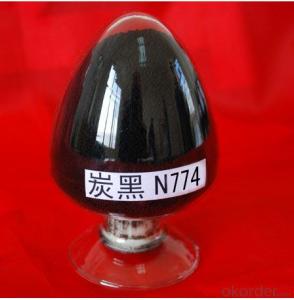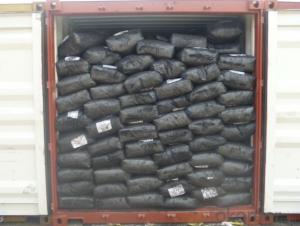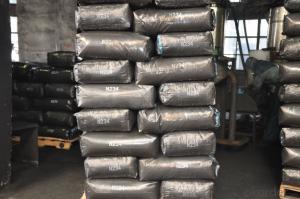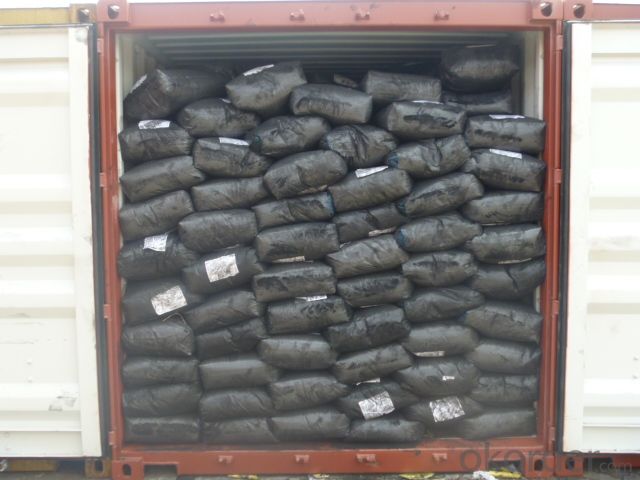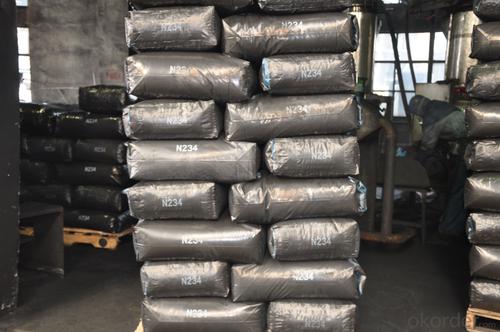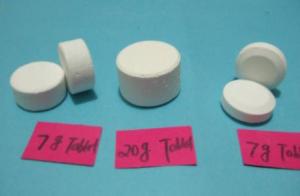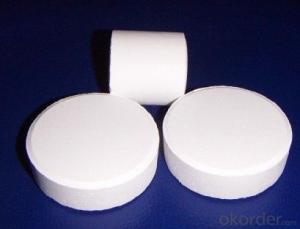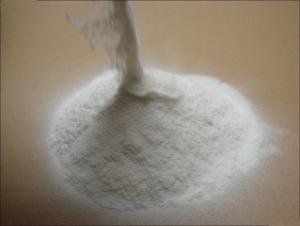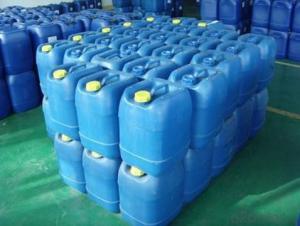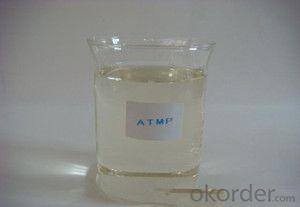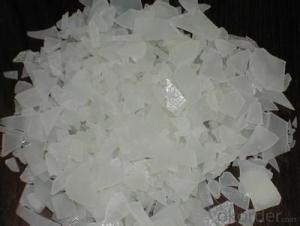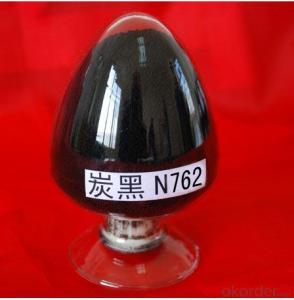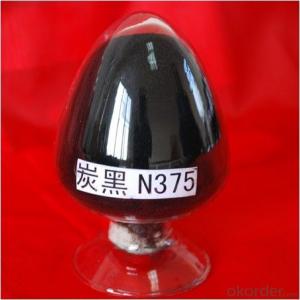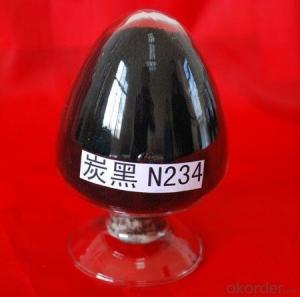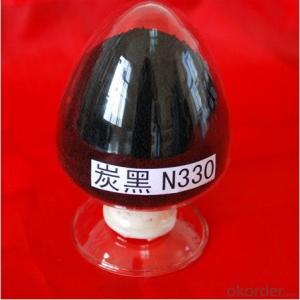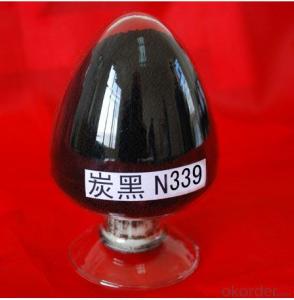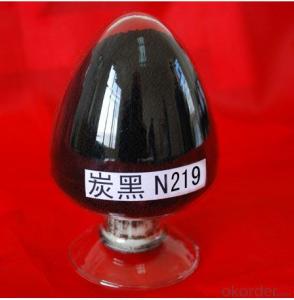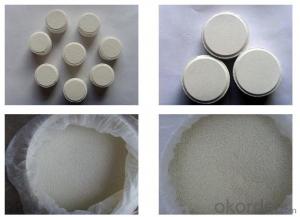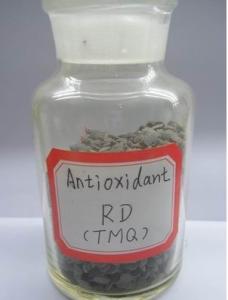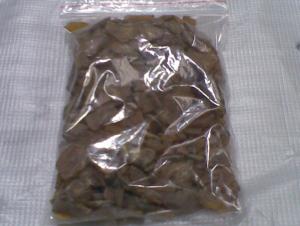Carbon Black N774 Granluar
- Loading Port:
- Tianjin
- Payment Terms:
- TT OR LC
- Min Order Qty:
- -
- Supply Capability:
- 10000MT m.t./month
OKorder Service Pledge
OKorder Financial Service
You Might Also Like
Carbon Black N774 (Granule)
Product Description:
We are a carbon black Group company and have three factories in Shandong and Shanxi province of China, and the big one have get ISO certification. Our carbon black is the best ten brand approved by China carbon black quality certification, and very popular in the domestic and international market. Our group has 100,000-ton annual output and 13-year production history. We can supply all the types you need from low to high standard. We trust we have ability to supply you high quality and competitive price for you.
Suggest for Use:
Carbon Black N774:
1.Usage Rubber Auxiliary Agents;
2.Product Status: Black powder or granular;
3.Standard: ISO 9001:2000
TDS of the Carbon Black N774
Product Varieties | N774 | Pouring density(kg/m3) | 450~530 |
Iodine absorption Value(g/kg) | 25~33 | 300%modulus(Mpa) | -5.1~-3.1 |
DBP absorption Value (10-5m2/kg) | 67~77 | Ash content | ≤0.7% |
24Mn DBP(10-5m2/kg) | 59~67 | 45um sieve residue | ≤0.05% |
CTAB surface area(103m2/kg) | 25~33 | 500um sieve residue | ≤0.001% |
STSA/(103m2/kg) | 24~34 | Impurity | NO |
Nsa surface area(103m2/kg) | 27~33 | Fine content | ≤10% |
Tint strength(%) | ------ | Tensile strength(Mpa ) | ≥-4.5 |
Heatloss(%) | ≤1.5 | Elongation at failure | ≥0% |
Safety:
As a matter of good industrial hygiene, gloves and safety glasses with side shields or better eye protection should be worn when handing Carbon Black ,For more information, refer to the MSDS.
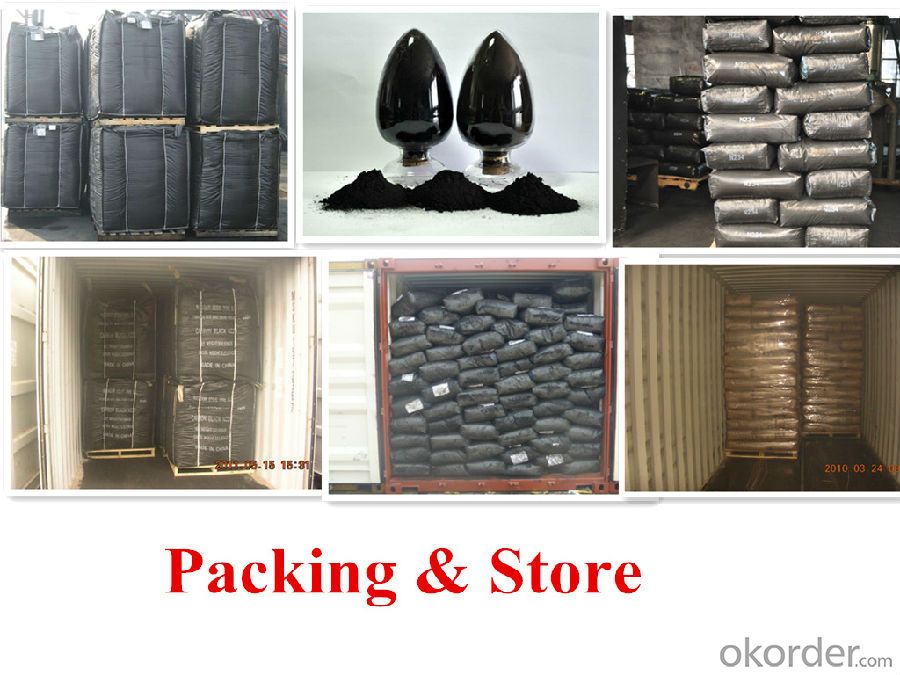
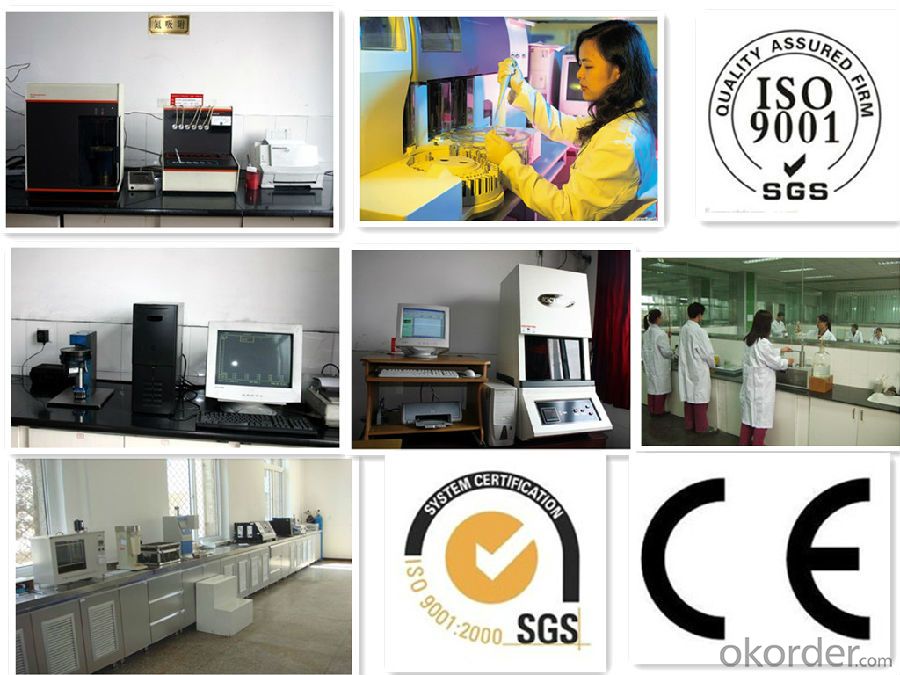
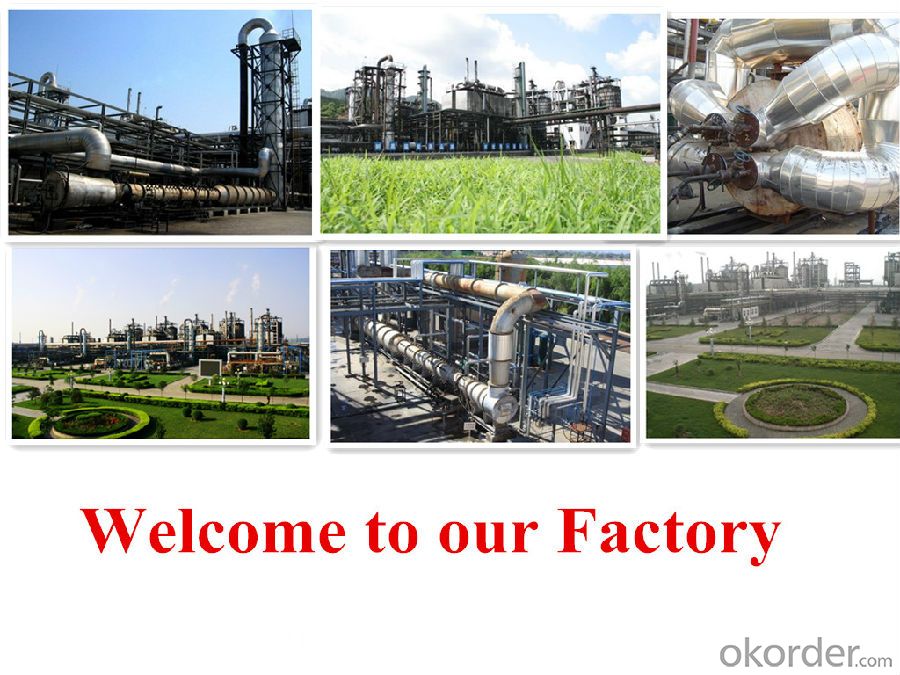
- Q: Hydrogen and oxygen in the role of the catalyst can do the chemical formula of aviation fuel?
- You two yeah? Meaning that hydrogen is ignited in oxygen to release energy to push the rocket forward, as the catalyst for those who love,
- Q: The best use of chemical catalysts
- Do not know what you want to use the best thing is what the catalyst is generally used in the process, there will be an initial induction period, the catalytic activity is relatively low, and then reached a stable catalytic state, this paragraph is generally called the catalyst life, the final Due to poisoning, active ingredient aggregation and so on factors, the catalyst activity will be reduced, then need to replace the new catalyst
- Q: Will the catalyst change the reaction rate in the chemical reaction?
- Many of the catalysts are specific in varying degrees, and when added to the chemical reaction system that it can catalyze, it must change the rate of chemical reaction, and of course both positively and negatively catalyzed. Chemical reaction rate, it can not be called a catalyst.
- Q: What is a catalyst in a chemical reaction?
- I didn't actually need to know what a catalyst was for my chemistry exam just what it does. A catalyst is something that speeds up a chemical reaction.
- Q: The role and significance of chemical catalysts
- The catalyst does not participate in the reaction, but only acts as a catalyst, and finally gets the catalyst composition unchanged. But if the catalyst, your reaction will be very slow or even not happen.
- Q: Please help me
- A catalyst is a substance which is used to increase or decrease the rate of a reaction, without itself undergoing any chemical change. There are two types of catalysts, positive and negative. Positive catalysts are used to increase the rate of a reaction while negative catalysts are used to decreasing the rate of a reaction. Enzymes are proteins which act as catalysts in biochemical reactions. They operate between a certain pH level and temperature. If there is a change in pH level or temperature, their efficiency decreases.
- Q: Please make it simple because I need it for school and please give to examples for the second part Thanx :D
- A catalyst is a substance that speeds up the rate of a chemical reaction with itself being chemically unchanged at the end of the reaction. They are useful as they help to lower the minimum amount of energy needed ( also known as activation energy) to start the reaction. Hence, by lowering the activation energy of the reaction, they help to speed up the rate of reaction. For example, in the Haber process for the manufacture of ammonia, the catalyst iron is added to speed up the rate of reaction between hydrogen gas and nitrogen gas. Otherwise, the reaction would have proceeded much more slowly. Another example is the catalyst nickel used in the manufacture of margarine and vanadium (V) oxide for manufacturing sulfuric acid. As catalyst remain chemically unchanged after a reaction, they can be reused again and hence, they are required in minute amounts. An example is the washing powder used in washing clothes, they help to remove food stains by digesting the proteins in food. They can be reused after each reaction and hence, you do not need to add in the whole packet of washing powder but only a few spoonful.
- Q: A substance involved in chemical reflection, but reflects the quality of the material before and after the change, you say it is a catalyst?
- Is a catalyst. Principle and burning black copper wire and ethanol reaction to produce acetaldehyde the same
- Q: Palladium is the main catalyst in chemistry?
- Palladium in the chemical mainly to do the catalyst; palladium and ruthenium, iridium, silver, gold, copper and other alloy, can improve the palladium resistivity, hardness and strength, used in the manufacture of precision resistors, jewelry and so on. While the most common and most commercially available palladium jewelery is palladium.
- Q: Are the catalysts for upgrading the weapons components that i may have a few of, or very rare ones?
- Catalysts can only be used when the item is ready to evolve. On top of that you can't use a different kind of catalyst than the one actually require and you can't use too many or too few. Catalysts are basically automatic as long as you have enough, all you can do is choose to use them. On the other hand, you CAN accidentally use sells for a premium as a material. Those items are universally horrible as a material, but sell really well in the shop. Don't use them by accident, sell them as soon as you can.
Send your message to us
Carbon Black N774 Granluar
- Loading Port:
- Tianjin
- Payment Terms:
- TT OR LC
- Min Order Qty:
- -
- Supply Capability:
- 10000MT m.t./month
OKorder Service Pledge
OKorder Financial Service
Similar products
Hot products
Hot Searches
Related keywords
